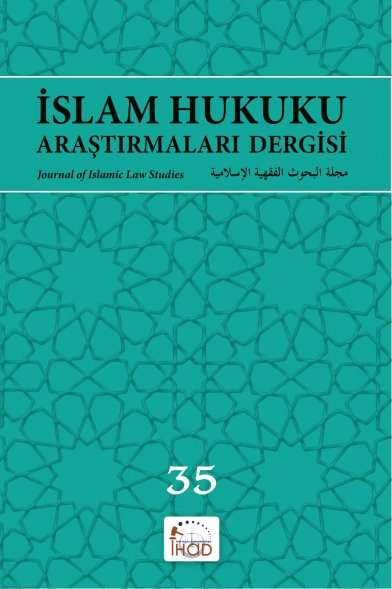Akit Hürriyetinin Kur’ânî Dayanakları
Akitlerin temelinde insanın ihtiyacı vardır. Zira insanlar var oldukları günden beri ihtiyaçlarının bir kısmını bizzat kendi el emekleri ile karşılarken büyük bir kısmını ise ancak diğer insanlarla ilişki kurarak gidermişlerdir. Buna göre insanların, ihtiyaçlarını gidermek için en az iki iradenin karşılıklı olarak ve anlaşarak bir konuda ittifak etmeleri gerekir ki işte bu da akittir. İslam hukukundaki temel anlayışa göre insanlar genel olarak tüm hal ve hareketlerinde hürdürler. Bu hürriyet gereği olarak da insan, her türlü eyleminde hür iradesi ile hareket eder. İnsanlar sahip oldukları hür irade ile sosyal hayatı devam ettirebilmek için bir takım akit ve hukuki işlemler yaparlar. Ancak bu noktada insanın tamamen serbest mi yoksa belli kurallar ile mukayyet mi olduğu ve bu kuralların sınırlarının ne olduğu hususunda İslam hukukçuları farklı kanaatlere sahip olmuşlardır. İslam hukukçularının çoğunluğuna göre Kur’ân ve Sünnet’te bir şey yasak edilmemişse o konuda asıl olan mubahlıktır. Diğer bir ifade ile eşyada asıl olan ibahadır. Bu ilke akit hürriyetinin temel dayanağıdır. Akit hürriyeti, hukuk düzeninin sınırları içinde fertlerin irade beyanlarıyla diledikleri hukuki sonuçları ortaya getirebilme özgürlüğüdür. Biz bu çalışmamızda varılan bu sonucun Kur’ân’daki dayanaklarını dile getirmiş olacağız.
Anahtar Kelimeler:
Borçlar hukuku, Akit, Akit hürriyeti, İrade, Hak, Hürriyet, Mubah
Qur’anic Bases of Freedom of Contract (Aqd)
There are human needs in the ground of contracts. The reason is that while human beings have met some of their needs by their handwork, they have satisfied the large amount of them by being in a relationship with other people since the day they existed. Accordingly, in order to satisfy their needs, at least two wills should agree on a subject by mutual agreement between them, and this agreement is named “aqd” (contract). According to the basic understanding in the Islamic law, human beings have freedom in all their states and actions. On the strength of this freedom, they act with free will in every kind of their behaviour. People make some contracts and legal transactions with their free will in order to sustain the social life. However, Islamic jurists have different opinions whether human is entirely free or limited by certain rules and what the limits of these rules are. According to most of the Islamic jurists, if something is not prohibited in the Qur’an and sunna (the tradition), the main principle about it is its being permissible. This principle is the basic support of the freedom of contract. The freedom of contract is the freedom of individuals to produce the legal results they wish by their declarations of will. We will be expressing the bases of this conclusion in the Quran that we have reached in this study
Keywords:
Law of obligations, Contract, Freedom of contract, Willpower, Right, Freedom, Permissible,
- ISSN: 1304-1045
- Yayın Aralığı: Yılda 2 Sayı
- Başlangıç: 2004
- Yayıncı: Gençleri Evlendirme ve Mehir Vakfı
Sayıdaki Diğer Makaleler
Ümmetin Hüsn-i Kabul Gösterdiği Rivayetler
Mekke’de Bir Osmanlı Fakihi: Yazma Nüshalara Göre Pîrîzâde İbrahim’in Hayatı, Şahsiyeti ve Eserleri
İslam Hukukunun Roma Hukukundan Etkilendiği Tezinin Tarihi Süreci
Mâlikî Fakihi İbnü’l-Kassâr’ın Hayatı, Eserleri ve Usûl Görüşleri
İslam İdare Hukukunda Yöneticinin Halk Tarafından Denetimi
